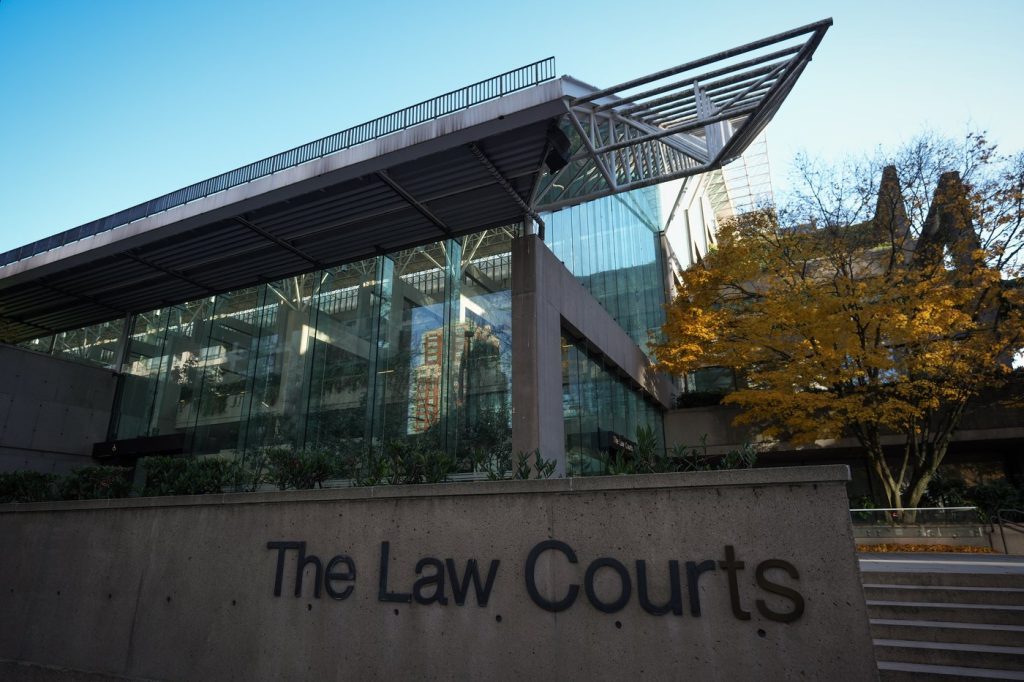VANCOUVER – The British Columbia Supreme Court has mandated that the Canadian government must amend the Indian Act by April 2026 to ensure compliance with the Charter of Rights and Freedoms. This decision stems from a successful legal challenge initiated by descendants of individuals who chose to renounce their Indigenous status under the Act.
The court’s ruling highlighted that certain provisions of the Indian Act unjustly denied status to people based on their familial history of enfranchisement, specifically when parents or grandparents relinquished their status and the accompanying benefits. The court found that this practice infringed the Charter rights of the plaintiffs.
The ruling underscored that the Canadian government acknowledged the plaintiffs' claims, agreeing that the registration provisions of the Indian Act perpetuated “disadvantage, stereotyping, prejudice, and discrimination” resulting from enfranchisement. Consequently, individuals were denied the benefits of Indian status due to their family history.
Lawyer Ryan Beaton stated that this ruling comes eight years after he first met one of the plaintiffs, Sharon Nicholas, whose grandfather renounced his status in 1944 to protect his children from being sent to residential schools. Beaton noted that when individuals, such as Nicholas's grandfather, became enfranchised, their children consequently lost their status, leading to Nicholas’s decades-long advocacy work culminating in this court challenge.
Beaton revealed that a related class-action lawsuit has been filed in Federal Court seeking damages from the Canadian government regarding lost benefits due to denial of status under the Indian Act. This class is projected to include between 5,000 and 10,000 individuals.
Describing the ruling as “incredibly gratifying,” Beaton emphasized Nicholas's long journey in pursuing justice. “For her, it’s been a 40-year journey to get to this point. She’s an incredible person,” Beaton remarked. He acknowledged that Nicholas brought extensive research and personal history to the case, shedding light on how the Indian Act's registration provisions have adversely affected her family.
The case was deemed somewhat unusual as the Canadian government conceded that the law in its current form was inconsistent with the Charter, allowing the plaintiffs to avoid a full trial after originally filing their lawsuit in 2021.
Beaton explained that various reasons prompted individuals to renounce their status, often seeking to escape significant disadvantages. “In those days, if you were Indian, you could not vote, you could not own certain forms of property, and your kids had to go to residential school,” he said, indicating that some individuals chose to relinquish their status to sidestep these challenges.
He added that while Parliament had made attempts to amend the law in the past, those efforts were unsuccessful, leaving the plaintiffs to seek change through the courts when legislative solutions were lacking.
With the court’s ultimatum for Parliament to enact changes by April 2026, Beaton noted that this could lead to a comprehensive legislative remedy affecting individuals across Canada, rather than just within British Columbia.












